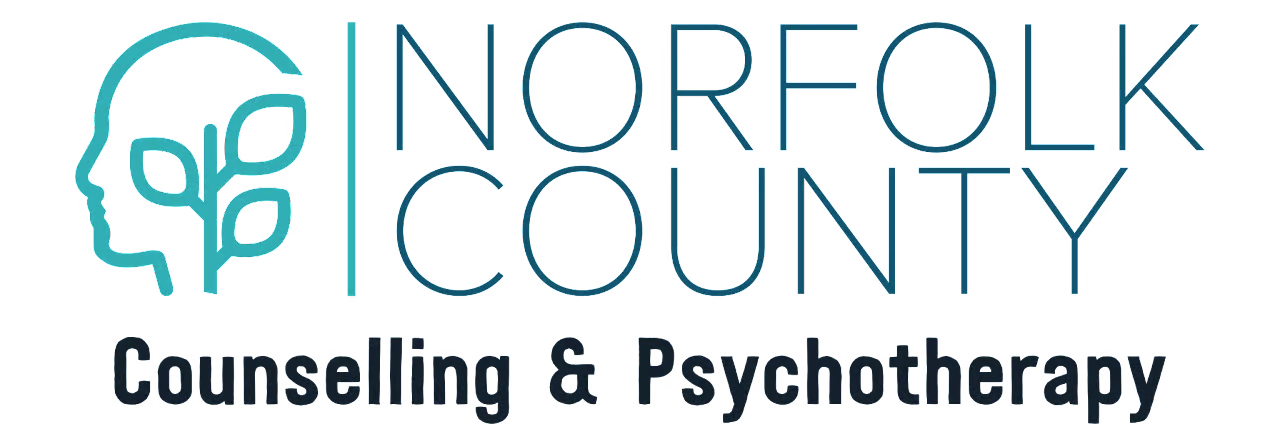EMDR Therapy: A Path to Healing and Resilience
At Norfolk County Counselling & Psychotherapy, we understand that healing from life’s challenges can feel overwhelming.
That’s why we offer Eye Movement Desensitization and Reprocessing (EMDR), a powerful and research-backed therapy designed to help individuals recover from distressing experiences, trauma, and a range of mental health concerns.
Get Started with EMDR Today
*Inbox is not monitored 24/7 for emergencies.
See bottom of page for emergency details and help.


What Exactly is EMDR Therapy?
EMDR is a structured, evidence-based approach to therapy that helps people process and resolve traumatic memories and emotional pain. Unlike traditional talk therapy, EMDR focuses on the brain’s natural ability to heal itself. By using bilateral stimulation—typically through guided eye movements—EMDR helps “unstick” memories that have been stored in the brain in a maladaptive way, allowing you to process them in a healthier, more constructive manner.
Developed in the late 1980s, EMDR has since been endorsed by leading health organizations, including the World Health Organization (WHO), for its effectiveness in treating trauma and post-traumatic stress disorder (PTSD).
How Does EMDR Work?
During an EMDR session, a therapist will guide you through eight structured phases, which include identifying distressing memories, focusing on the thoughts, emotions, and physical sensations tied to these memories, and using bilateral stimulation to help your brain reprocess them.
The result? Memories lose their emotional intensity, allowing you to think about them without feeling the same level of distress.
Navigate Your Troubles. Reshape Your Thoughts.
Mental Health Concerns EMDR Can Address
EMDR is not just for trauma survivors. Its versatility makes it an effective treatment for a wide range of mental health concerns, including:
- Anxiety and Panic Disorders: Helps reduce the overwhelming worry and physical symptoms associated with anxiety.
- Depression: Addresses unresolved grief, loss, or other contributing factors.
- Postpartum Mental Health: Supports parents struggling with birth trauma, perinatal grief, or reproductive challenges.
- Chronic Pain and Illness: Helps individuals address the emotional impact of living with chronic conditions.
- Phobias and Fears: Alleviates debilitating fears that interfere with daily life.
- Addictions: Targets underlying trauma and negative beliefs that fuel addictive behaviours.
- Grief and Loss: Supports individuals in processing deep emotional pain and finding a sense of closure.

Why Choose EMDR?
One of the most remarkable aspects of EMDR is its adaptability. Sessions are tailored to your unique needs and paced to ensure your emotional safety. Whether you’re processing a single traumatic event or a series of adverse experiences, EMDR can help you regain control, reduce distress, and build resilience.
At Norfolk County Counselling, our EMDR-trained therapists create a compassionate, nonjudgmental space where you can explore your experiences and move toward healing.
Start Your Healing Journey Today
You don’t have to navigate your pain alone. EMDR therapy can offer relief and empower you to live a life unburdened by past experiences.
To learn more or schedule an appointment, book a consultation or reach out to us directly at 519-718-4246.
Let us walk with you on your journey to healing.

